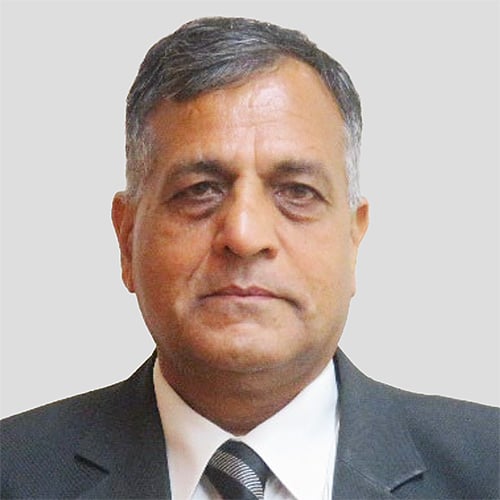ALTHOUGH asset addressability is on the rise among institutions in Asia ex-Japan, asset owners are expecting much more from managers as they diversify and search for yields, according to Cerulli Associates' newly released report, Institutional Asset Management in Asia 2019: Meeting the Need for Niche Solutions.
With the growing sophistication among asset owners, they are demanding greater control over their investments and seeking specialized solutions, ranging from alternatives to emerging strategies, like factor-based and sustainable investing.
“Amid the heightened volatility, meeting future liabilities is weighing down on pension funds and insurers across the region. This translates to the growing demand for niche solutions to generate alpha. Knowing how to prioritize the needs and manage the risk-return expectations of different asset owners is a huge competitive advantage for managers,” says Jaslyn Ong, an associate analyst from Cerulli Associates.
Asia ex-Japan institutional investable assets grew by 4.2% year-on-year (YOY) in 2018. Growth momentum remains intact, with investable assets estimated to expand at a compound annual growth rate of 7.5% between 2018 and 2023. Addressable assets are projected to grow at a much faster pace of 11.7% during the same period.
Managers also need to look beyond traditional solutions and provide value-added services, given that knowledge transfer and dedicated relationship management professionals are ranked as the two most important considerations for outsourcing among asset owners surveyed by Cerulli.
In fact, more than half of the managers surveyed in the region have indicated plans to expand value-added services, such as investing into risk analytics and hiring asset-liability management experts, over the next three years.
Outsourcing opportunities are also emerging among the second-tier institutions in the region. While these institutions tend to be sticky and conservative, the increasing addressability and growing need to diversify for yields make this segment worth vying for, and is a potential area that managers can tap into.
Knowing how to reach out to these institutions is pivotal as well. In Korea, especially, foreign managers should establish or maintain relationships with local asset managers, as the latter typically conducts manager searches on behalf of some local institutions.
"As competition intensifies across the region, it pays to look beyond and discover other institutional segments,” adds Ong. “More non-Asian institutions have conducted various manager searches for investment into Asia, and have shown a growing appetite for China, in particular. Some non-Asian institutions, like the Teacher Retirement System of Texas, are also looking to set up secondary offices in Asia to build exposure into the region’s private markets.”









